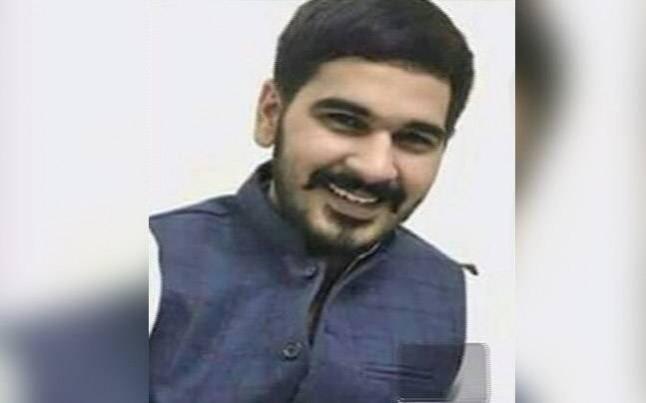
The Indian media has done its best to extract the maximum mileage from the Varnika Kundu stalking case but the fact remains that Varnika's case is an exception and doesn't speak a universal story about the experience that the common women of this country face regularly.
That Varnika's case is special is made evident by her regular appearance on TV channels, without taking help of a veil or dark rooms to conceal her identity. Though it was so initially but changed soon afterwards. In a welcome change of script, while Varnika faced the media boldly, the accused Vikas Barala broke down in the court after his arrest.
Can this be expected when it comes to the faceless women, millions of them, who regularly face harassment on the streets but yet have to accept the trauma silently? [The victim of the Kolkata gangrape case of 2012, the late Suzette Jordan, had come out in the open to assert her identity and her act deserved a bigger applause than Varnika since she did it despite having no social shield]. Varnika is bold because she has the asset of empowerment and the case involving her, the daughter of an IAS officer, and the son of a politician, has turned out to be a more political one than one which promises a real improvement in the safety of the common women.
Varnika is appearing on TV without a fear; not many can do it in our society
![Varnika Kundu [Representational image] Varnika Kundu](https://data1.ibtimes.co.in/en/full/657789/varnika-kundu.png?w=399&h=298&l=50&t=40)
Varnika is free to appear on TV channels without any kind of shield because her father is ranked high in the social hierarchy and can rock the political establishment if not defeat it. Whether Varnika was right in going out in the night or her offenders did not get the right training in respecting women are inconsequential questions here.
The Varnika-Vikas episode will only be seen as our political class's apathy towards women and ultimately a challenge for the ruling BJP which many feel talk more on women empowerment than actually do anything about it. Simply, the political will gobble up the apolitical.
The political leadership of this country is fortunate that Varnika returned home safe that night or else the repercussions could have been even mammoth. However, at the same time, even if she was safe, the responsibility of the authorities and the media to constantly monitor the issue of women's safety in the country does not die down soon enough. Varnika's case also attracted a lot of attention because it happened at the heart of the country, like the Nirbhaya case of 2012, but how much do our democratic institutions care when such instances happen at the fringes and involve the ordinary?















